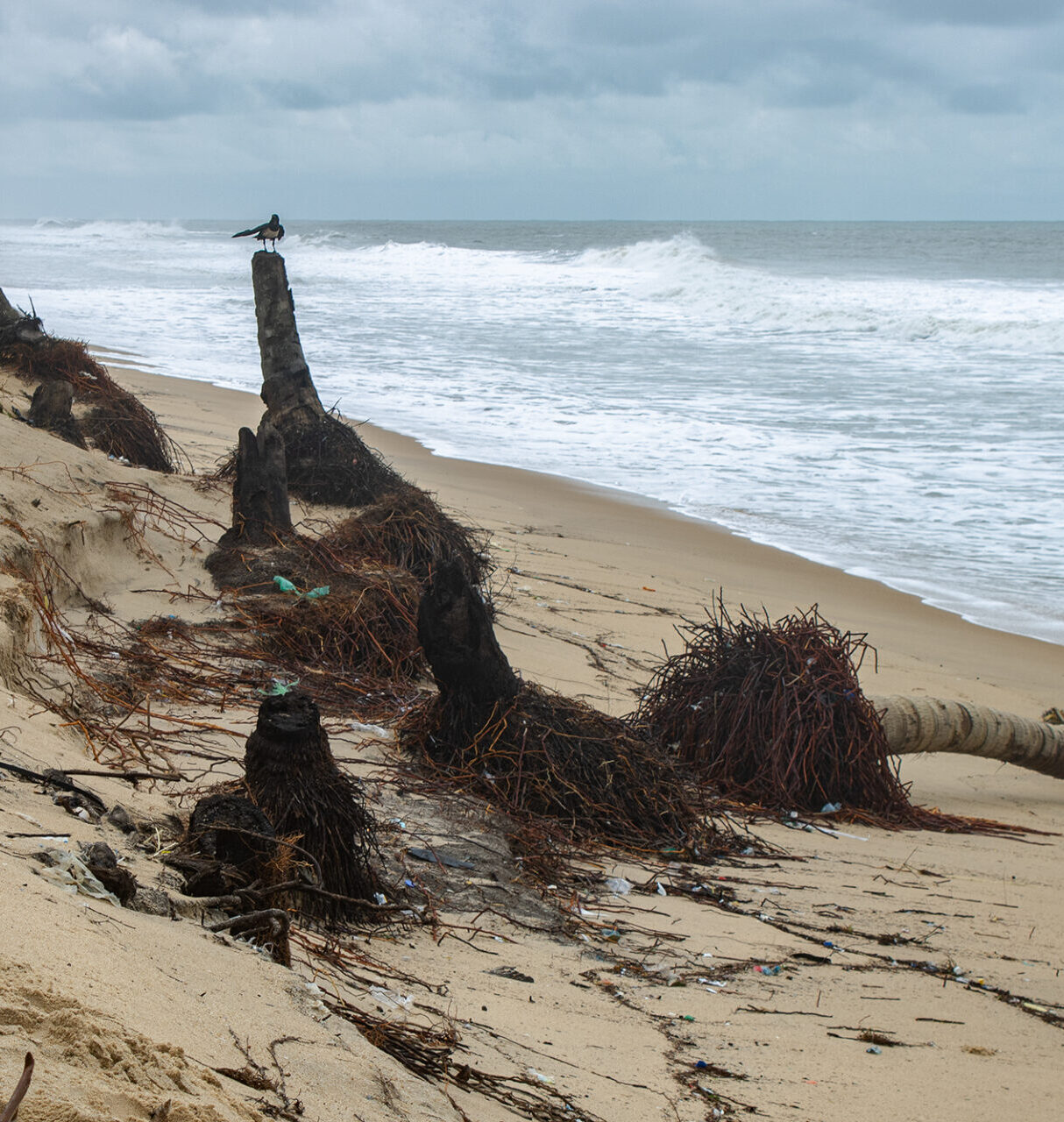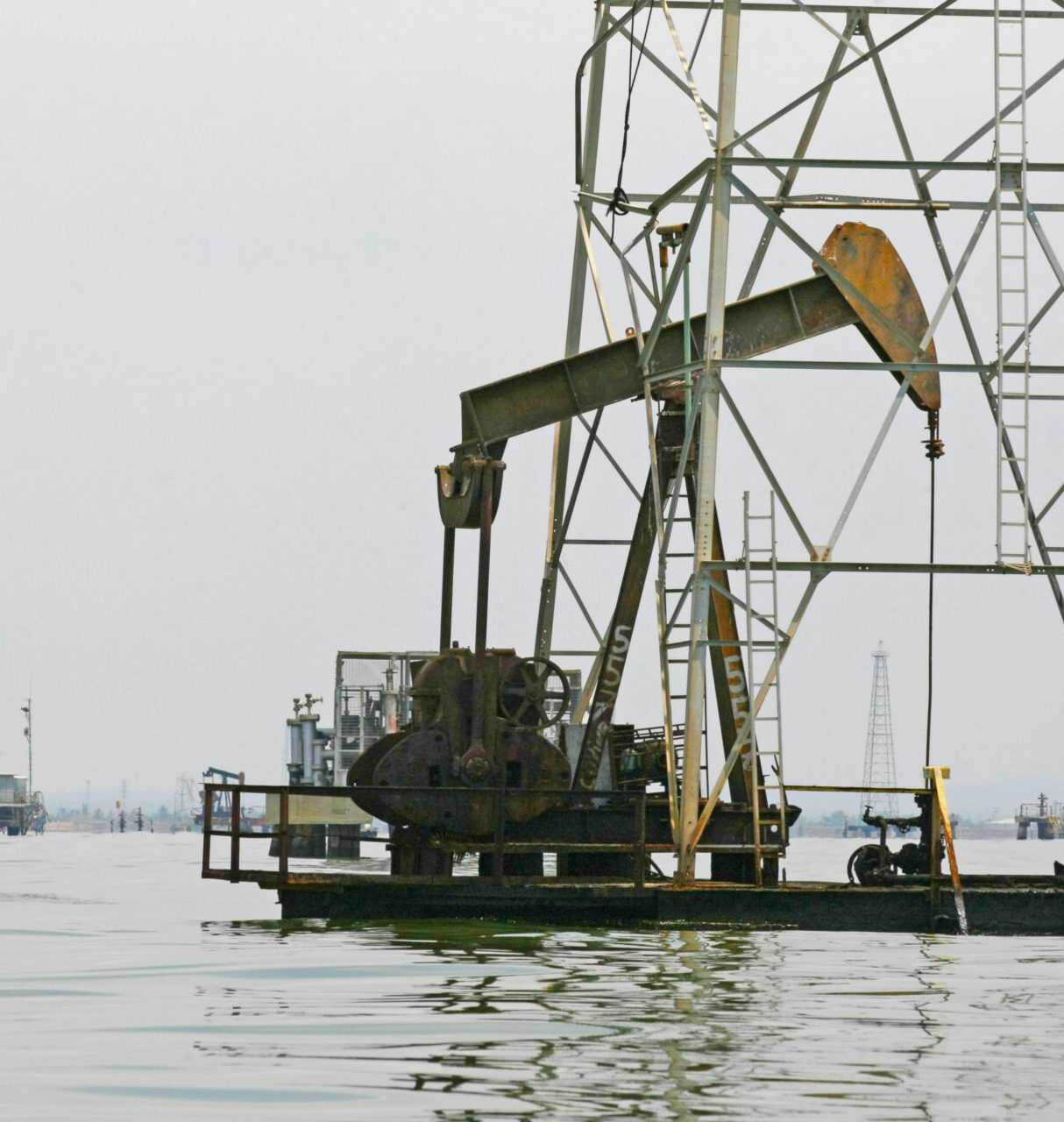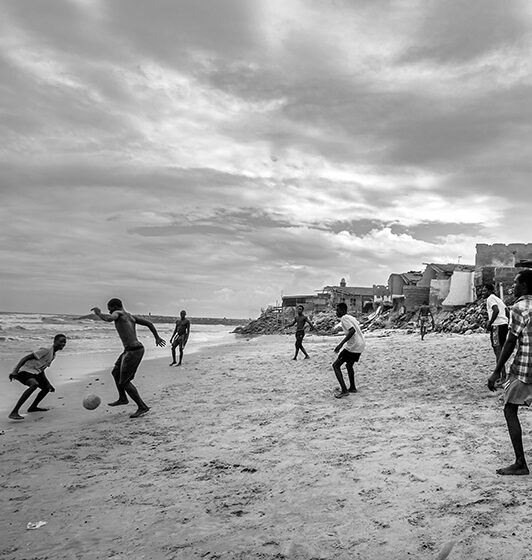E-PSCI 109
Earth Resources and the Environment
The course provides an overview of Earth’s energy resources, with emphasize on the factors that control their global distributions and uses in our society. Lectures and labs will emphasize methods used to identify and exploit resources, as well as the environmental impact of these operations.
Mon, Jan 27, 2025









